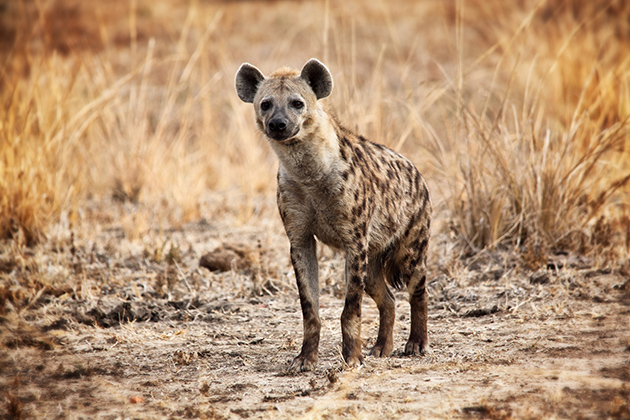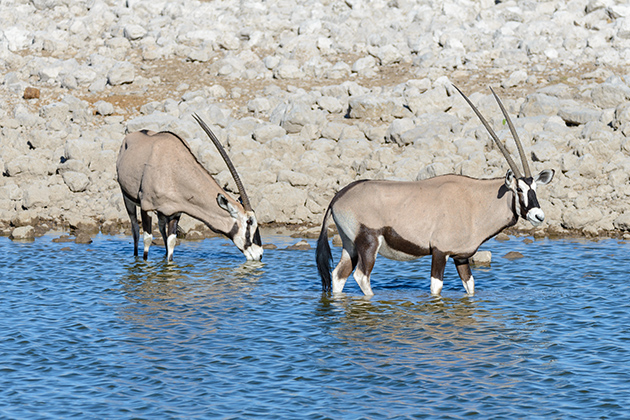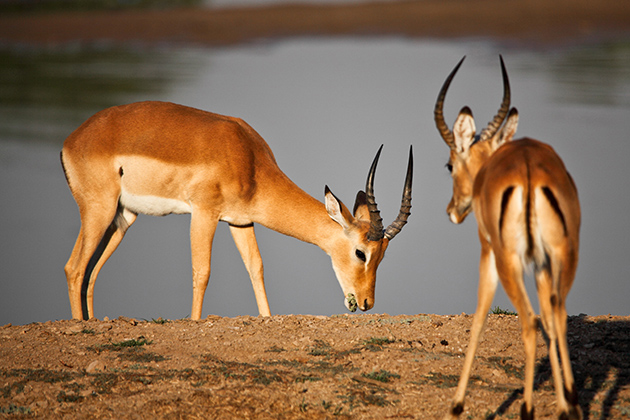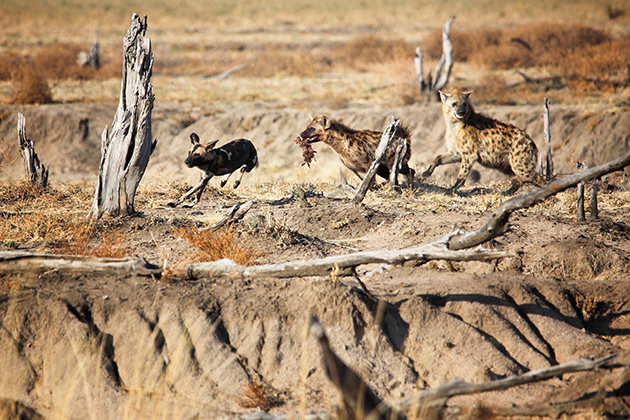Zambia Tours and Safaris
Zambia offers travelers some of the world’s best safari opportunities, a glimpse into “real Africa,” and Victoria Falls, one of the World’s Seven Natural Wonders and a World Heritage Site.
Zambia is roughly the size of France and is a landlocked country. Zambia offers travelers some of the world’s best safari opportunities and Victoria Falls, one of the World’s Seven Natural Wonders and a UNESCO World Heritage Site.
Zambian safaris offer top quality viewing experiences with the continent’s top guides. Zambia’s national parks are not ‘commercialised’.


Highlights
- Victoria Falls — one of the world’s largest waterfalls
- Kafue National Park – in the Kafue River Basin of Zambia, it is one of the largest parks in the country
- Lower Zambezi National Park – lies across from Mana Pools Reserve in Zimbabwe and 100 km downstream of the Victoria Falls. The park contains a wide variety of wildlife
- South Luangwa National Park – centered around the Luangwa River and is home to one of Africa’s largest concentrations of wildlife with immense density of wildlife and limited visitor numbers
Tours
No tours match your criteria
Climate
Thanks to its landlocked and elevated position it does have distinct seasons:
Dry season — May to August. The coolest time of the year, with temperatures 24-28°C during the day and probably the best time of year to visit Zambia for birdwatching, to see Vic Falls at their biggest and for good game-viewing.
Hot season — September to November. Temperatures rocket up to 38-42°C. It’s a good time for safaris as wildlife clusters around the few remaining watering holes.
Wet season — December to April. Temperatures cool down to 32°C or so and, true to the name, there is a lot of rain — sometimes just an hour or two, sometimes for days on end. Unsealed roads become impassable muddy nightmares, and many safari lodges close.
Good To Know
Map
Money
The official currency is the Kwacha. Dollars are still commonly used for larger purchases (although it’s illegal).
Some shops and restaurants might accept debit or credit cards, as do practically all high-end hotels and safari lodges, but surcharges of 5-10% are common. ATMs may be found in major cities, but you should not depend on them to be functional. Most of the ATM’s accept only Visa. Other international credit cards are generally a problem.
Traveler’s cheques are difficult to process in Zambia.


Health
The HIV infection rate among adults is extremely high.
Zambia is a highly malarial country. Especially at dusk, you should make every effort to cover exposed skin with clothing or insect repellent. In addition, using malarial prophylaxis is highly recommended.
Many countries (including South Africa) insist on a yellow fever vaccination certificate if you’ve been traveling to Zambia.
Transport
Zambia is large and distances are long. Zambia’s main international gateway is Lusaka. Livingstone, near Victoria Falls, and Mfuwe, near South Luangwa National Park, have small international airports serving regional destinations.
Car rental agencies exist in Zambia, but the costs are potentially great. Not only are rental rates high but many of the roads in Zambia are in very poor condition.
Minibuses are popular, but they are often irregular, dangerous, and uncomfortable. More sophisticated luxury coach transport is also available and is more reliable and safer; they depart on-time; they have dedicated space for guests and luggage; and tickets may be purchased in advance.


